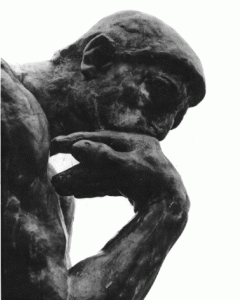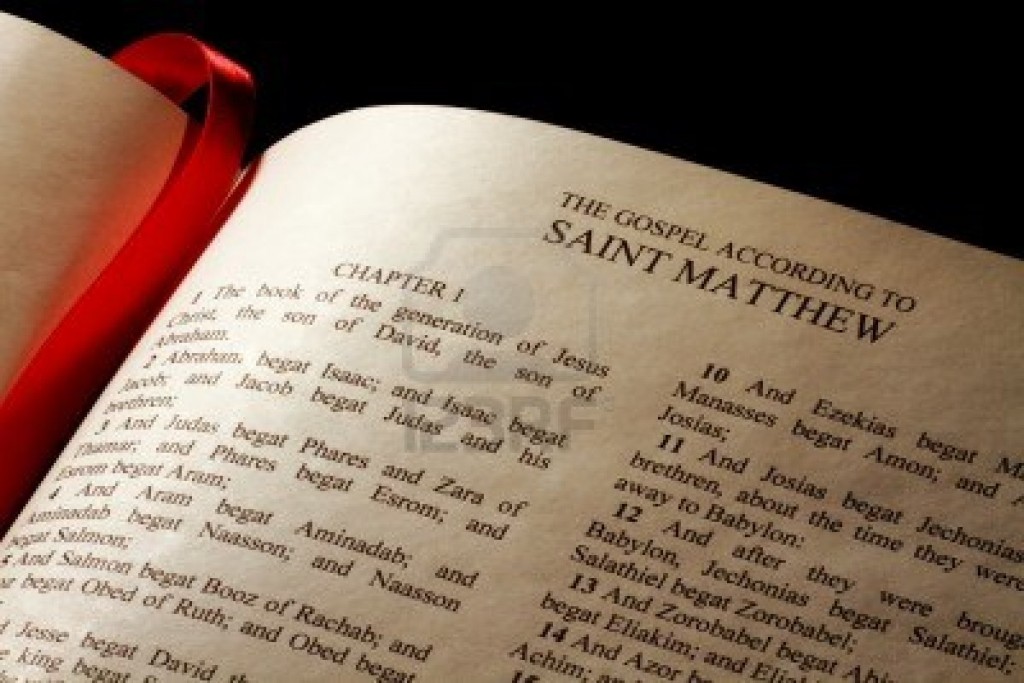 Dane Ortlund: Listened to some music and thought about Jesus this week. Here’s what I jotted down.
Dane Ortlund: Listened to some music and thought about Jesus this week. Here’s what I jotted down.
1. His forgiveness gets down underneath not just our conscious, but everything that is broken within us.
2. He ate lunch with hookers and crooked businessmen, not the conservative seminary professors.
3. Discipleship to him does not involve attaining a minimum level of competency. No resume is needed. Discipleship to him involves humbling ourselves, putting ourselves low, not high, and anyone can do that, if they will simply let Self die and be swallowed up by light and beauty and joy.
4. Those in union with him are promised that all the haunted brokenness that infects everything—every relationship, every conversation, every family, every email, every wakening to consciousness in the morning, every job, every vacation—everything—will one day be rewound and reversed.
5. Those in union with him are promised that the more darkness and hell we experience in this life, to that degree we will enjoy resplendence and radiance in the next (Rom. 8:17–18).
6. He never, ever asks his friends to walk through a trial that he, as the Pioneer-Author-Founder-Trailblazer (archegos: Heb 2:10; 12:2) has not himself, in an even more profound way, gone through himself.
7. His sinlessness does not encourage him to be aloof from us, holding us at arms length, but a substitute for us.
8. Unlike the laws of ritual cleanliness in Leviticus, Jesus’ touch of messy humans like me does not contaminate him. It cleanses me. In the OT, clean + unclean = unclean. With Jesus, clean + unclean = clean (Mark 1:41).
9. His mercy to sinners is not calculating, scale-weighing, careful. It is lavish, outrageous, unfettered.
10. His atoning death means he is free not to scrutinize. He needs not. All has been wiped clean. Faults remain, not just in our past but in our present. But the whole atmosphere in which we live has been transformed from one of scrutiny, both toward us by God and by us toward others, into one of welcome, both toward us by God and therefore by us toward others.
11. He no longer calls us servants, but friends, and he is the friend of sinners. Of sinners. Many of us are born again, serving the Lord with faithfulness, and have never really swallowed that.
12. He is not an idea or a philosophy or a theory or a framework or even a doctrine. He’s a Person. His blazing wrath upon the impenitent is matched by his gentle embrace of the penitent. He has nothing to say to the righteous (Mark 2:17).
13. He doesn’t resent me, as I do others, though I have given him many reasons to.
14. In all my stumbling and failing, he has not yet said, ‘Enough is enough. I’m out.’ Where sin abounds, grace hyper-abounds (Rom. 5:20). Continue reading

 Acts 16: 11 So, setting sail from Troas, we made a direct voyage to Samothrace, and the following day to Neapolis, 12 and from there to Philippi, which is a leading city of the district of Macedonia and a Roman colony. We remained in this city some days. 13 And on the Sabbath day we went outside the gate to the riverside, where we supposed there was a place of prayer, and we sat down and spoke to the women who had come together. 14 One who heard us was a woman named Lydia, from the city of Thyatira, a seller of purple goods, who was a worshiper of God. The Lord opened her heart to pay attention to what was said by Paul. 15 And after she was baptized, and her household as well, she urged us, saying, “If you have judged me to be faithful to the Lord, come to my house and stay.” And she prevailed upon us.
Acts 16: 11 So, setting sail from Troas, we made a direct voyage to Samothrace, and the following day to Neapolis, 12 and from there to Philippi, which is a leading city of the district of Macedonia and a Roman colony. We remained in this city some days. 13 And on the Sabbath day we went outside the gate to the riverside, where we supposed there was a place of prayer, and we sat down and spoke to the women who had come together. 14 One who heard us was a woman named Lydia, from the city of Thyatira, a seller of purple goods, who was a worshiper of God. The Lord opened her heart to pay attention to what was said by Paul. 15 And after she was baptized, and her household as well, she urged us, saying, “If you have judged me to be faithful to the Lord, come to my house and stay.” And she prevailed upon us. Text: Matt 1:1-17
Text: Matt 1:1-17